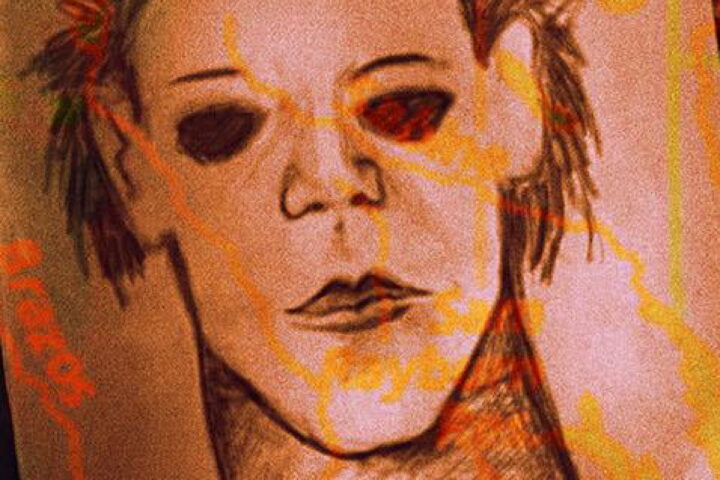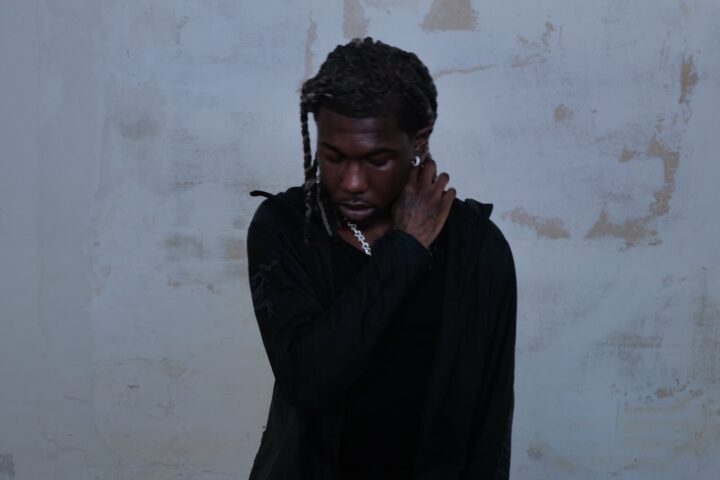LL Cool J spent nearly three decades in pursuit of commercial success, which included a series of forgettable and ill-advised junctures where hip-hop’s first superstar forced himself into stylistic niches that never quite suited him. This makes his 14th studio album, The Force, feel like a breath of fresh air, driven by a clear sense of personal and artistic vision.
The album’s lack of interest in courting contemporary trends is a feature, not a flaw. But the songs aren’t too nostalgic either, and the ever-charismatic LL, per usual, doesn’t take his brand of boisterous smack talk too seriously. Songs like “Runnit Back” are filled with affirmations aimed at all walks of life, and the inclusion of three up-and-coming rappers on closer “The Vow,” recreating the youthful posse cut vibe of “Farmers Blvd. (Our Anthem),” suggests an openness to a younger generation that traditionalist projects of this ilk rarely ever court.
A fitting comparison here is Nas’s recent King’s Disease trilogy, in which an iconic MC teamed up with an equally well-regarded producer for one last boom-bap ride into the sunset. In this case that’s Q-Tip, whose jazzy instrumentals keep things moving at an exhilarating speed. Most of The Force’s 14 tracks are composed of two verses and the loosest of choruses to provide some sense of structure, with LL taking off at the start and never once slowing down.
LL is as electric as ever. His verses are full of pure pompous flash, and his flows are smoother than butter. His still-vibrant voice reverberates throughout the thundering “Post Modern,” and the first half of “Black Code Suite” finds him doing what he does best: rapping about eating food as a euphemism for sex, two-stepping in the shower one minute and devouring a “well-balanced potato salad and hot sauce/Collard greens, fried catfish, and lima beans” the next.
This showman-esque bravado reaches its apex on the turbocharged “Murdergram Deux,” where LL seems to be in a contest to cram in as many syllables as the frantic beat will allow, as he and Eminem trade verses like two expert tennis players locked in a fierce rally. It’s such an entertaining showdown that one begins to wish this type of triumphant one-upmanship occurred more frequently throughout the album, even if one doesn’t necessarily expect LL to bring a battle mentality to collaborations with fellow elder statesmen like Nas and Busta Rhymes—both of whom more than handle their own with the limited space provided.
LL can still spit circles around nearly anyone. But there’s a surprisingly low ceiling to the music here beyond that, with some moments feeling rather thoughtless in their execution. “30 Decembers,” an introspective track about aging that doubles as a Life During Covid anthem, delivers a healthy dose of easy nostalgia, but the songwriting largely amounts to stating the obvious about how quickly life seems to pass by: “This world ain’t like I remember.”
Only “Spirit of Cyrus”—a classic showcase of LL’s exemplary storytelling on which he depicts himself as a hooded vigilante who assassinates the personification of racism—has any real bite to it, though much of that can be credited to Snoop Dogg’s menacing hook: “Don’t try to apprehend me/I’ll black and blue your family.” Still, few in hip-hop can match LL’s longevity, and even fewer have the skillset to truly deserve it. In the end, that The Force so powerfully reaffirms that fact is a beautiful thing in its own right.
Since 2001, we've brought you uncompromising, candid takes on the world of film, music, television, video games, theater, and more. Independently owned and operated publications like Slant have been hit hard in recent years, but we’re committed to keeping our content free and accessible—meaning no paywalls or fees.
If you like what we do, please consider subscribing to our Patreon or making a donation.




